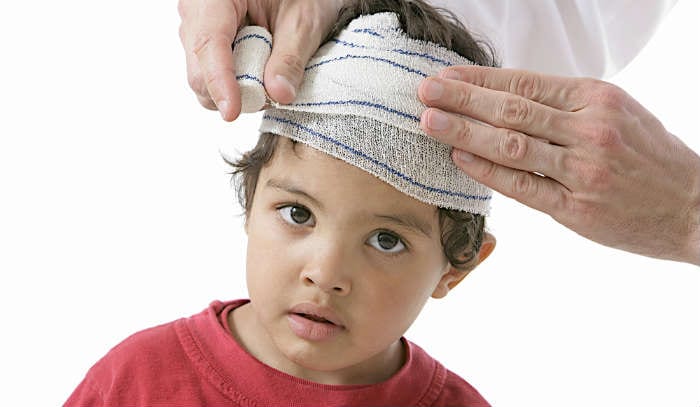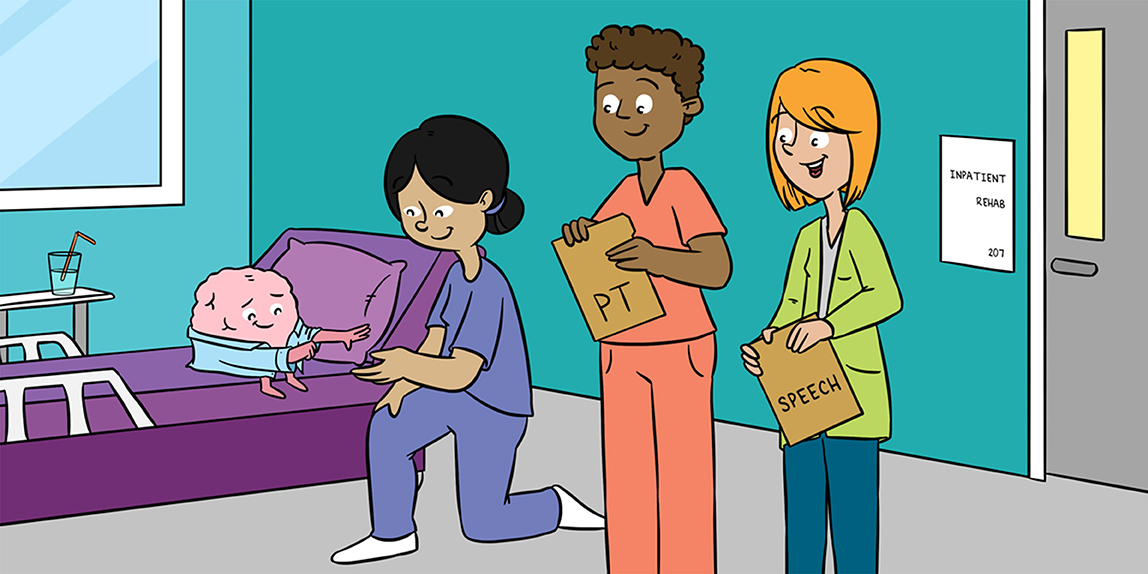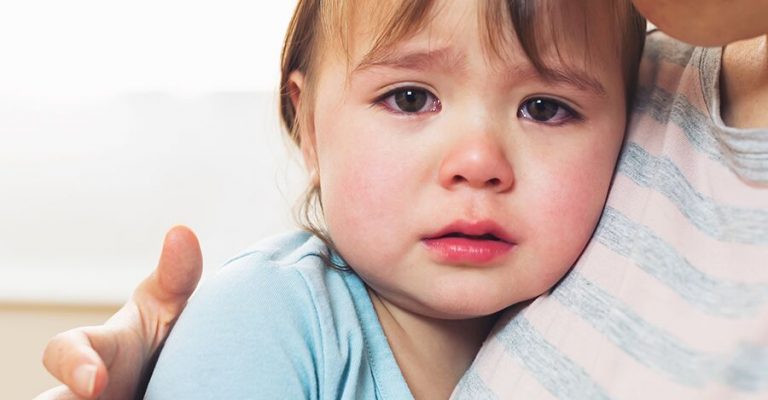Traumatic brain injuries, TBI, are at the very top of the causes of disability among our little ones. The question that arises as parents is how well our child can recover from this. More often than not, careful management and the right tactics do pride ourselves on full recovery from a pediatric traumatic brain injury.
While the possibility of a severe TBI can seem a very scary prospect, the reassuring reality is that the vast majority of kids, even those suffering from moderate TBI—up to 90%—go on to recover positively. Each TBI is different, involving its impact and recovery result. The road to full recovery can be long and arduous, but seeking out rehabilitation creates the best possible outcomes for our little champions.
Is Pediatric Traumatic Brain Injury Reversible?
The term “traumatic brain injury” is quite broad and covers a great range of symptoms. These can be from mild to moderate and severe, according to the intensity of the injury. In other words, such an injury is where the head of any person is directly or indirectly bumped or hit using some force.
It might result in several problems, starting from a minor scratch and bruise, a family of concussions, and, in the extreme scenario, a fracture in the skull. In the more severe cases, the brain itself gets damaged. A few of them may also cause lasting damage. On the bright side, however, most children go through such an ordeal and still emerge unscathed.
What determines how bad a brain injury could be? Well, it depends upon many factors, for example:
- How long the person was unconscious
- The immediate symptoms following the injury.
- In case they were to lose the memory of this event and the time that precedes and follows it
- Any abnormalities seen in the person’s head/brain images.
Causes of Pediatric Traumatic Brain Injury
Any noncongenital brain injury caused by a blow or hit to the head or the body is usually said to be of a traumatic nature. Kids’ TBIs are, hence, normally brought on because of the countless reasons that could come up with a TBI.
An interesting fact is that for children aged 14 or under, falls are the leading cause of TBI. Features of playgrounds contribute a significant number to these falling cases.
Some interesting differences arise when contrasting different age groups. The youngest of them all, babies and toddlers, unfortunately, are more susceptible to TBI as the result of abuse. Teenagers are more exposed to TBI from sports-related actions.
Besides these, other common causes of pediatric TBIs include motor vehicle or bicycle accidents. Injuries are appraised using mechanisms, and the resultant injuries could be quite serious.

Symptoms of Pediatric TBI
The secondary effects or after-effects that the children with brain injuries will deal with are very greatly varied. All this depends on where the brain injury is and how bad it really is. Most children usually suffer from mild brain injuries, and primarily, they are often referred to as concussions. The common symptoms that usually children go through with a mild brain injury may include:
- Headaches
- feeling deity
- Sensitivity to sounds or light
- Sleepiness or weariness
- Loss of attention and lowered memory
- Irritability, anxiousness, or feeling down
- Difficulty of sleep
However, these are not the only effects. Among the peculiar effects experienced by children with medium or severe brain injury are:
- Going into unconsciousness, which might mean a coma or a coma-like state that is continuous
- Difficulty speaking in complete, clear sentences
- Issues in motor skills, decreased coordination, rigidity, or weakness in the
- Seizures or convulsions
- Changes in their behavior
Quite importantly, the after-effects of brain injury in infants and toddlers might well manifest themselves as the child grows. This is because memory skills, attention span, language, behavior, and memory are under development then.
How Physicians Diagnose Pediatric Traumatic Brain Injury
If your child has experienced an unfortunate accident, a health specialist will begin an assessment by inquiring about the details of the injury and its resultant symptoms. The impact of injury is likely to direct the kind of evaluation to be carried out.
At times, a full physical and neurological examination may be necessary. This involves subjecting your child’s memory, thought processes, mood, behavior, eyesight, and focus to some tests. He or she may also evaluate your child’s balance, coordination, muscle power, reflexes, and sensations.
Implant imaging in the appropriate setting may be less available and, less often, is done using an MRI or CT scan to more accurately define the extent of the injury. Only when more meticulous knowledge is required than the standard physical and neurological examination puts into question.

How to Care for Your Child with Traumatic Brain Injury
There are a number of considerations that must be considered when deciding on the appropriate treatment procedure for a child. Other things that need to be considered include the child’s age, the seriousness of such an injury, and other side effects he might be dealing with. These factors will all determine which treatment method will be appropriate. Some of them include:
Physical Therapy
Physical therapy is about developing proper movement methods and increasing strength, balance, and coordination. Just think of such therapy as a personal trainer who uses exercises like stretching, increasing strength, and practicing walking to help children perfect their skills in movement.
And moreover, therapists give a new meaning to “helping hands.” Actually, not figuratively, but literally. They throw at you some fine manipulations to bring you comfort from a place of discomfort. You know what? They don’t stop at that too. Physical therapy is a whole game. Making the right moves in the right, balanced, strong, and coordinated way.
For TBI, balance training, exercises regarding muscle strengthening, and coordination activities are equally very important. Others are endurance activities, exercises for functional mobility, and equipment use. Physical therapy helps children with tools to enable participation in play, school work, and activities of daily living.
Occupational Therapy
Occupational therapy may assist children who experience difficulties with everyday life needs due to physical disabilities or impairments. Occupational therapists assist children with difficulties such as using a flight of stairs or getting dressed by teaching the children smaller steps of the main activity. Occupational therapists can provide specific techniques to assist in cognitive problems arising after TBI.
To put it differently, occupational therapists encompass not just physical functions but also rely on any sensory problems brought upon by the children. Occupational therapists usually suggest alternative procedures if the child cannot restore his normal pattern of functioning.
Those are for, perhaps, more specialized tools or equipment use driven by them. All this friendlier advice given by occupational therapists can greatly help those kiddos who find it hard to return to their daily routine. They also help little ones adapt and progress to their new school environment.
Speech Language Therapy
A TBI in kids often causes a challenge with communication skills. This is where speech therapy is needed most; an experienced therapist can help the kid recover his language skills using written and verbal strategies.
They work at activities that exercise memory, attention span, the ability to solve problems, and organization, as other forms of therapy do. They try to make it easier for these children whose injuries have caused them to have trouble listening or speaking properly. It is not just about being able to communicate better, but they also target problems with difficulty swallowing that develop among the victims of TBI.
Besides direct work with the professional to further assist the child with TBI, parents and caregivers can also do this by creating a sympathetic and conducive environment at home. This could involve support toward a structured routine, rest, and healthy hygiene activities, task breakdown, and so on, including accessing other healthcare professions if such support is warranted.
Contact Mental Health Services
Some children may be demonstrating increased emotional changes or a difference in behavior due to brain injury. They all may seem irritable and angry, and mood changes, such as anxiety, depression, or even agitation. If troubling behaviors are causing difficulty in the child’s life or relationships, it is a good idea to seek out mental health support with a licensed therapist or counselor.
In some other cases, medication can be justified to keep the symptoms under control. It is also very important for the caring staff and parents to relate the information to the healthcare staff if there is any concern or change in behavior by the child.
To Sum Up
If you are already facing a child who had a traumatic brain injury, realize you do not face this alone. Besides, take first aid measures, transport for treatment, and subsequent aftercare of your child, as specified, including ordered assessment and evaluation processes. Then, work with your child’s healthcare team to develop an appropriate treatment plan considering their age, injury severity, and individual needs.

